
Question to the EC: The pharmaceutical industry’s control over EU funding for scientific research
See Francisco Guerreiro’s question to the European Commission and the written answer on the pharmaceutical industry’s control over European Union funding for scientific research.
Subject: The pharmaceutical industry’s control over EU funding for scientific research
A study by the NGOs Global Health Advocates and Corporate Europe Observatory found that major pharmaceutical companies involved in public-private partnerships with the EU decided not to invest in research into human health that required significant investment, opting instead to invest in more lucrative projects.
One area of human health that was excluded from investment was the prevention of epidemics. According to the study, pharmaceutical companies blocked research into the coronavirus proposed by the EU in 2018. This is clearly a situation where the interests of major pharmaceutical companies take precedence over those of the EU. Can the Commission clarify:
1. What criteria are used to select the projects that will be funded by these public-private partnerships?
2. What went on between the EU and EFPIA (European Federation of Pharmaceutical Industries and Associations) that led to the EU’s request in 2018 for funding raised to be used for coronavirus research being denied?
3. If the EU agrees with the decision of the pharmaceutical companies not to invest in areas that the EU itself has proposed, what funding is available for these areas?
Answer in writing
1. Future call topics for the Innovative Medicine Initiative (IMI) are discussed in its Strategic Governing Groups, made up of representatives of companies, the Commission, the IMI Programme Office and the IMI Scientific Committee (SC). The Commission and the SC can also suggest directly to the industry research areas related to health needs(1). After extensive consultation(2), call topics are approved by the Governing Board with equal voting rights of the Commission and industry. Projects are selected for funding following evaluation by independent experts(3), respecting rules for Horizon 2020 projects(4).
2. 2. The discussion that took place was not specifically related to coronavirus research. In 2017, the Commission proposed a draft topic on research to support regulatory decision-making on vaccine licensure with objective to facilitate the development and regulatory approval of vaccines against priority pathogens, to the extent possible still before an actual outbreak occurs. Following a number of discussions with the industry that topic idea was eventually not taken up by the European Federation of Pharmaceutical Industries and Associations companies. IMI2 Joint Undertaking is nevertheless undertaking important research in line with the above objectives(5),(6).
3. IMI2 Joint Undertaking is a public-private partnership with 50:50 voting power between the Commission and industry, so they both need to agree on a proposed topic before its adoption. Moreover, under Horizon 2020, the Commission has various mechanisms to fund health research, in particular the budget for collaborative projects under the Health Societal Challenge is approx. EUR 7.5 billion. Under IMI, more than EUR 1 billion has been invested into infectious diseases research(7).
(1) Examples of such areas translated in concrete call topics anti-microbial resistance, infectious diseases (including Ebola virus), advanced therapies, cross-sectoral projects bringing together diagnostics & pharma industry sectors.
(2) Including with the Member States.
(3) For an extensive explanation of the process, see:
https://www.imi.europa.eu/about-imi/how-imi-works
(4) Horizon 2020’s Societal Challenge 1: Health, Demographic Change and Wellbeing.
(5) Examples include the upcoming IMI2 JU Call 20 topic 2 (Innovations to accelerate vaccine development and manufacture) including mathematical/in silico modelling of infectious diseases and designs of clinical studies based on human challenge models. Other relevant IMI projects include BioVacSafe that aims at developing tools to speed up and improve the testing and monitoring of vaccine safety, ADVANCE that focuses at facilitating the rapid delivery of clinical data on vaccines to help public health authorities make decisions on vaccination strategies and VAC2VAC on the development of alternative in-vitro, non-animal tests for vaccines.
(6) IMI projects already helping to fight COVID-19:
https://www.imi.europa.eu/news-events/newsroom/meet-imi-projects-already-helping-fight-covid-19
(7) Referring to Infectious diseases (including on antimicrobial resistance and vaccine research), a large amount has already been committed through IMI projects since 2008, with a total budget exceeding EUR 1 billion (jointly for IMI1 and IMI2 JU, covering both EU and industry contributions).
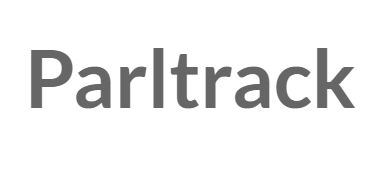

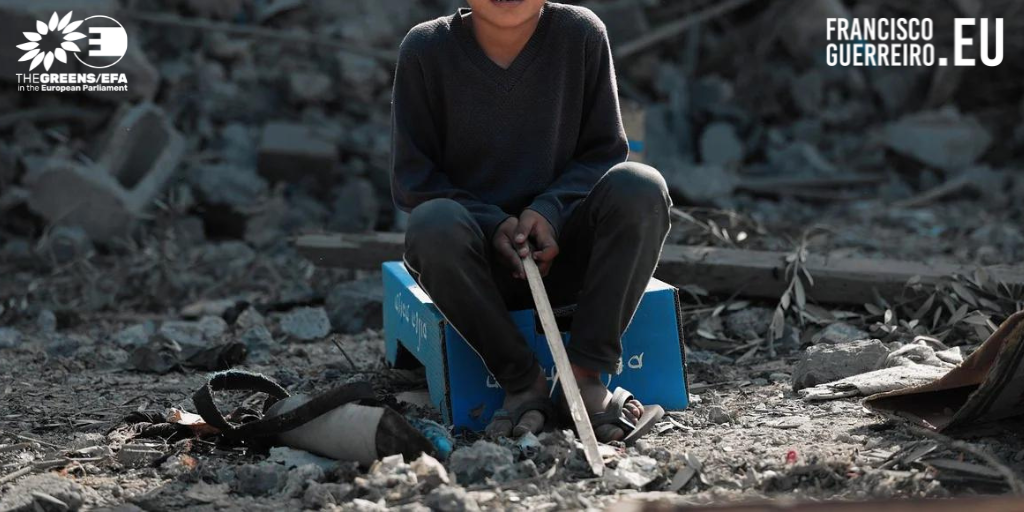

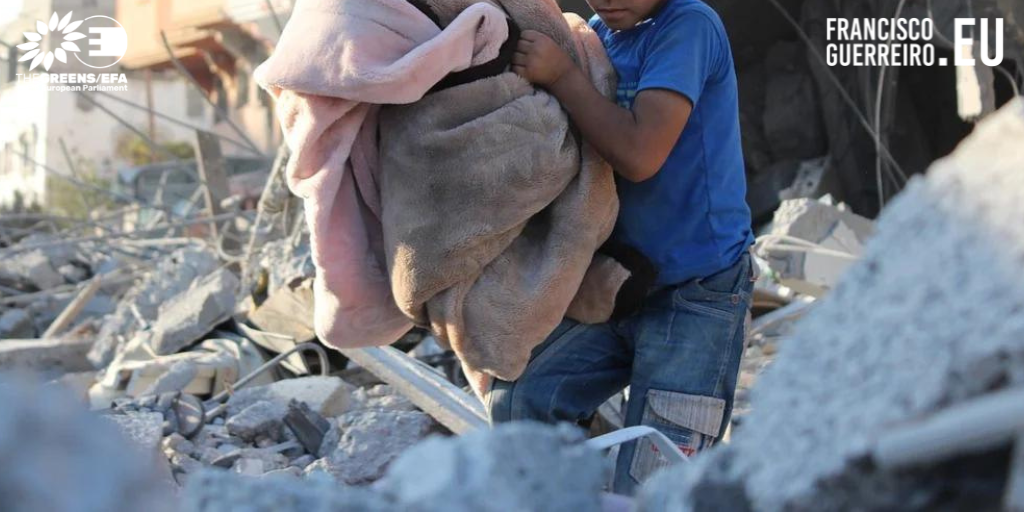

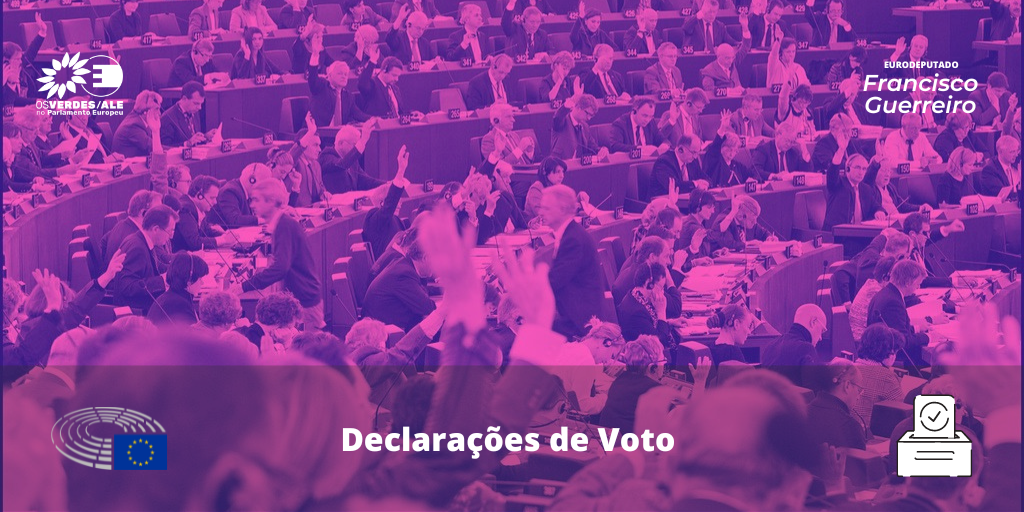
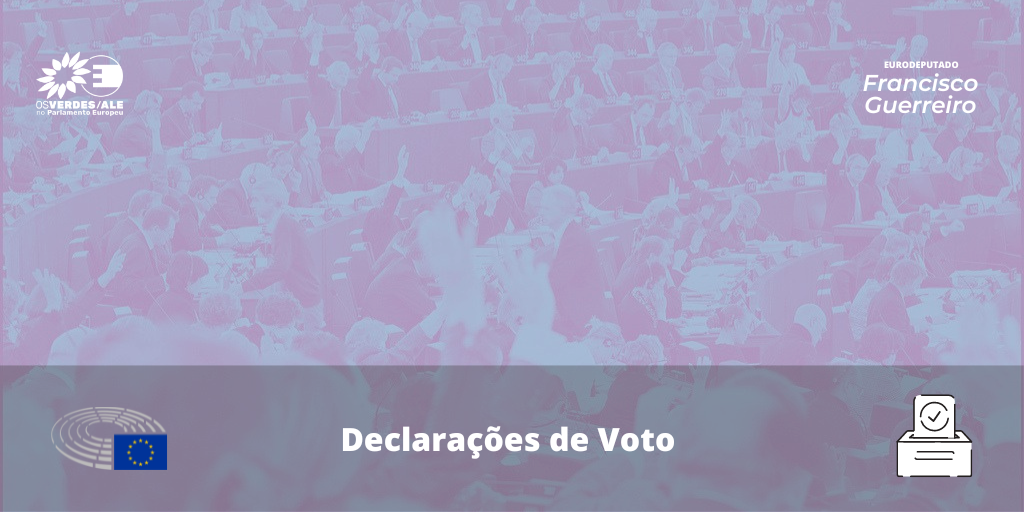
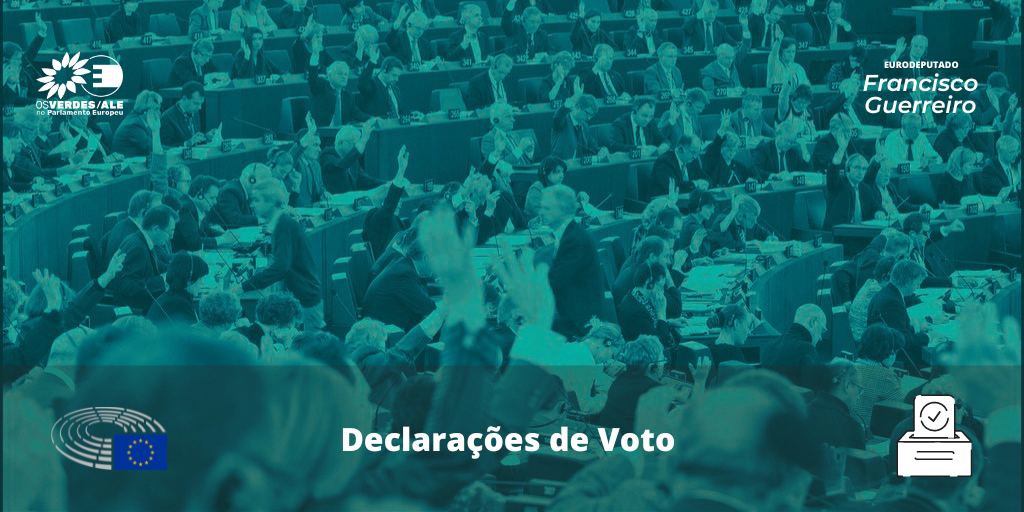
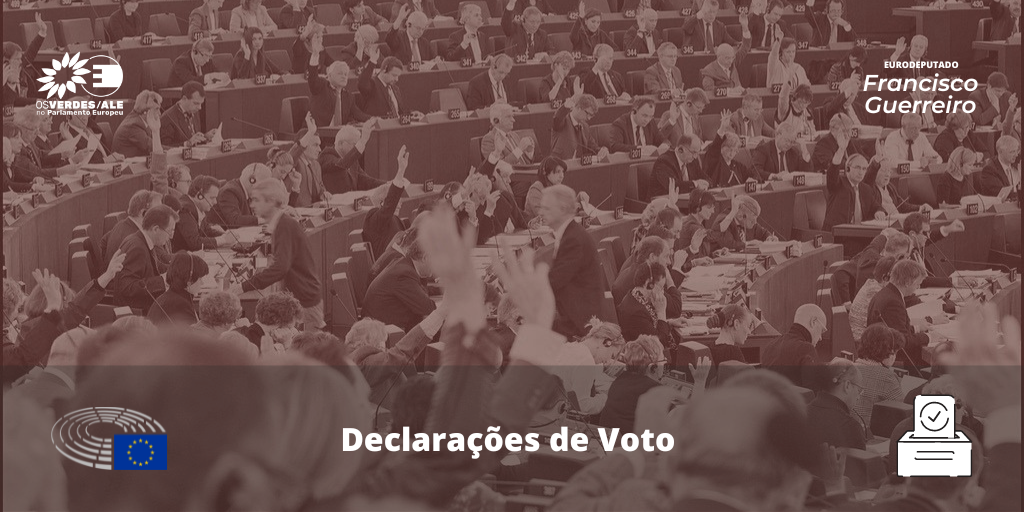
ParlTrack - Francisco Guerreiro considered one of the most productive MEPs
Monday, 01 July 2024
The analytical website ParlTrack has recorded all the parliamentary actions of MEPs during the 2019-2024 term, considering Francisco Guerreiro one of the most productive.READ MORE